AMICYCLE Cold Pavement Recycling offers significant cost savings and lower environmental impact by utilizing existing materials and minimizing materials transportation. Within the AMICYCLE suite, there are three types of recycling processes: Cold In-place Recycling (CIR), Full Depth Reclamation (FDR) and Cold Central Plant Recycling (CCPR).
Engineered emulsions are formulated specifically for each project, based on agency needs, material specifications and planned recycling process. During construction engineered emulsions are mixed with existing pavement materials and additives using metered pumps, resulting in a thoroughly coated, homogenous mixture that is then compacted in the roadway.
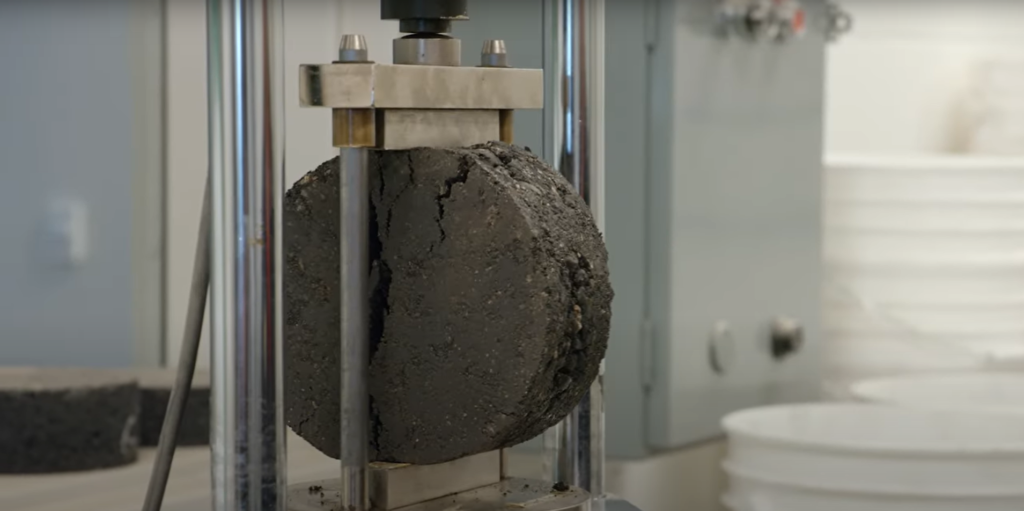
Cold In-place Recycling
CIR is a partial-depth in-place rehabilitation process that reuses existing worn pavement. It is a pavement preservation treatment for severely distressed asphalt pavements. It reuses 100% of existing materials and a specially formulated engineered asphalt emulsion mix design. The quantity of the emulsion is based on the physical properties of the current road materials sampled – what will become the reclaimed asphalt pavement (RAP) once milled. RAP is the most recycled material in North America and can recycle 100% of a roadway’s asphalt.
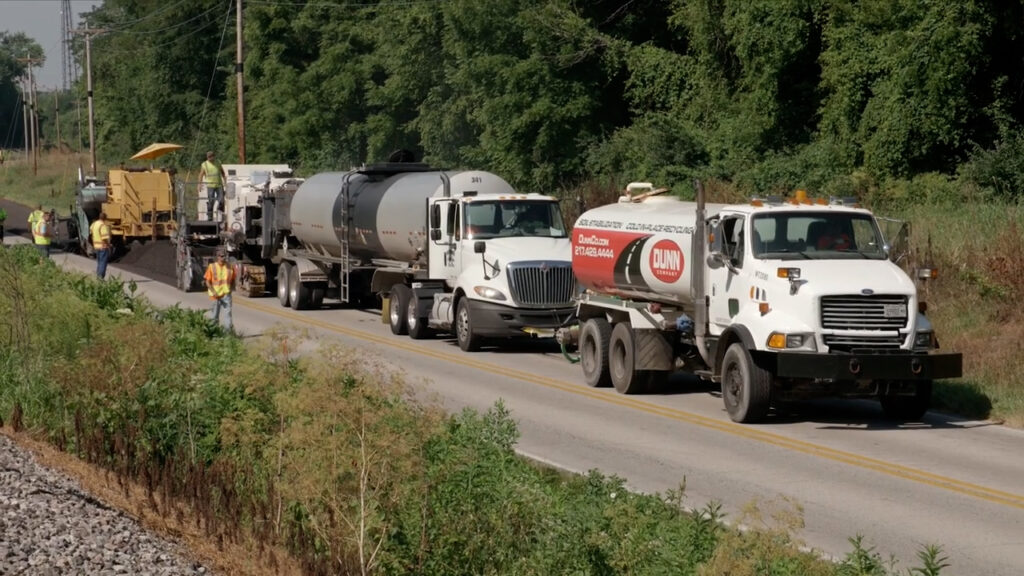
Full Depth Reclamation
FDR is a widely used engineered rehabilitation technique that repurposes up to 100% of the existing base structure of a road. It is typically used on pavements that need major structural upgrades. FDR is blended with the existing pavement with a designated portion of the underlying material and special additives to create a stronger, more stable subbase.
The process of FDR includes a reclaiming machine that pulverizes the existing asphalt pavement along with a specific amount of the base material. Next, engineered emulsion and other supplements are blended with the pulverized materials. The new base is then shaped by a motor grader to the proper profile and compact. A new asphalt surface treatment or wearing course can then be added.
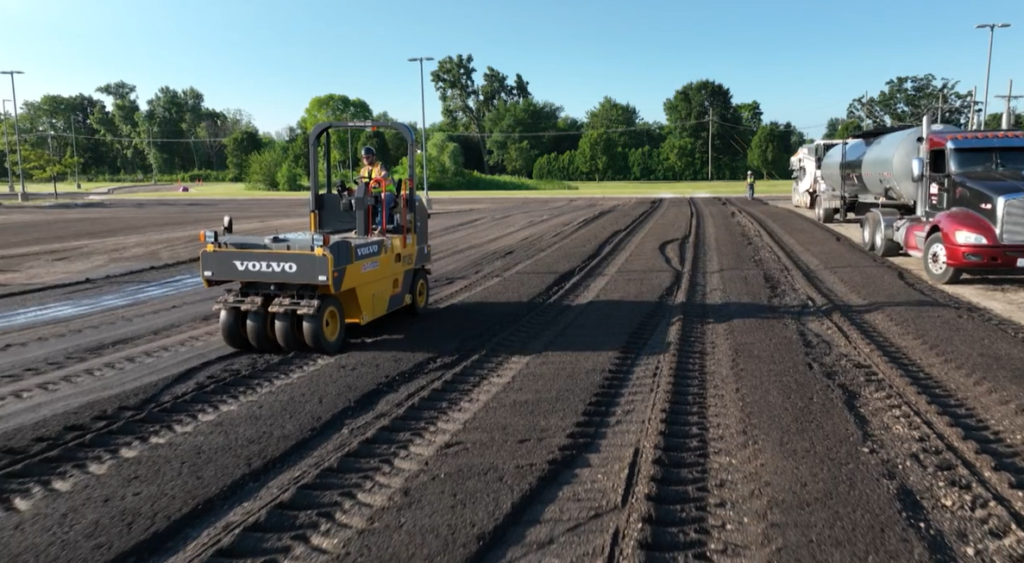
Cold Central Plant Recycling
CCPR is the process in which asphalt recycling takes place at a central location using a stationary cold mix plant and an existing stockpile of reclaimed asphalt pavement. CCPR is an environmentally friendly solution for repairing distressed roadways. This modern, yet well-established engineering method allows agencies and owners to complete more projects with the same, or often reduced budget, all while maintaining the structural integrity of the pavement.
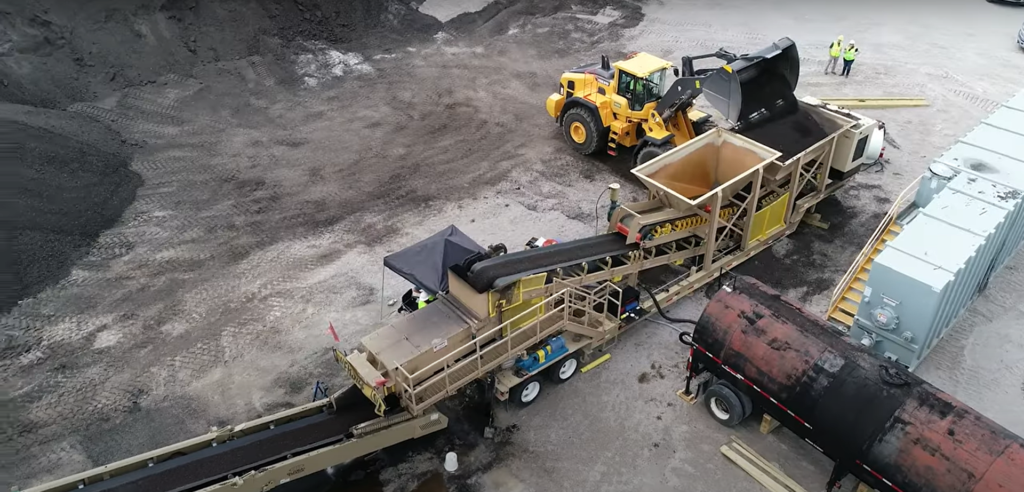
Benefits of Cold Pavement Recycling
- Cold Pavement Recycling with engineered emulsion can typically save 20-50% in costs versus conventional construction methods.
- These sustainable processes are capable of recycling 100% of a roadway’s asphalt.
- Construction specifications for recycling with engineered emulsions don’t require the use of proprietary materials or equipment.
Frequently Asked Questions
- When can traffic return to the roadway?
- Traffic can return quickly once the pavement has been compacted. Depending on the type of road and job mix formula, it may be opened in less than 24 hours after compaction. CIR has faster construction times than other methods. Overall downtime of a road is less with cold pavement recycling than alternatives.
- What type of road is a good candidate for FDR?
- Roads in poor condition with severe cracking or raveling should be considered for FDR. Candidates should have at least 4” of hot mix and an adequate base and subgrade, since the typical depth of FDR is 5-10 inches. A pavement sampling investigation should be done to determine if it is appropriate for a particular road, reach out to your AMI representative to discuss an evaluation.
- How does rehabilitating save money?
- Rehabilitating a road with an engineered emulsion additive and RAP is less expensive than producing a hot mix made from completely new materials. Typical overall project cost savings are 25% or more.
Pavement recycling projects require upfront sampling investigation to determine the material types and thicknesses present. Asphalt Materials, Inc., along with the Heritage Research Group, can partner with you to provide this evaluation and determine if your road is a candidate for pavement recycling.
Interested in learning more? Reach out to your local AMI sales representative or email marketing@asphalt-materials.com.
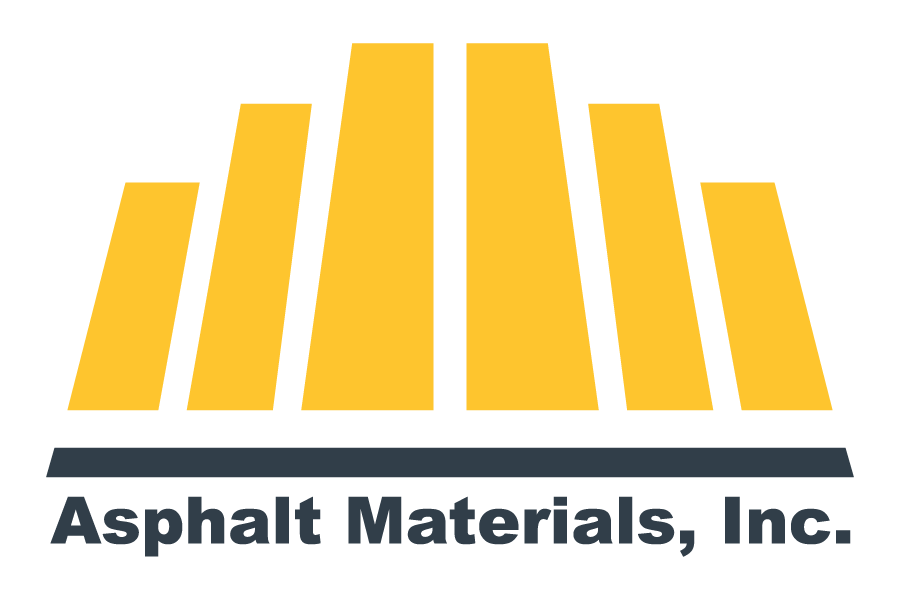
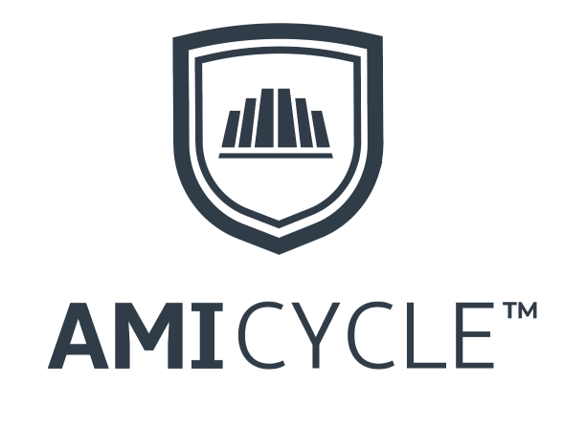
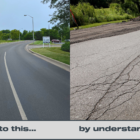
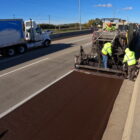

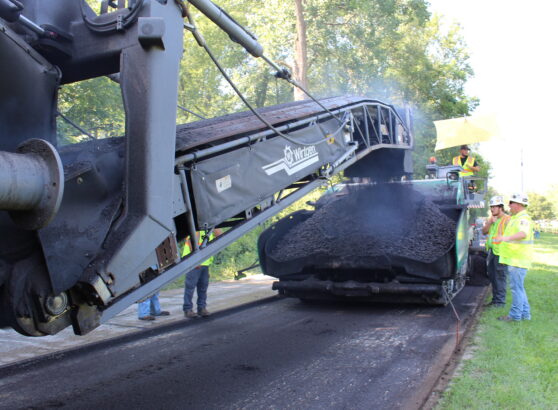
Recent Comments